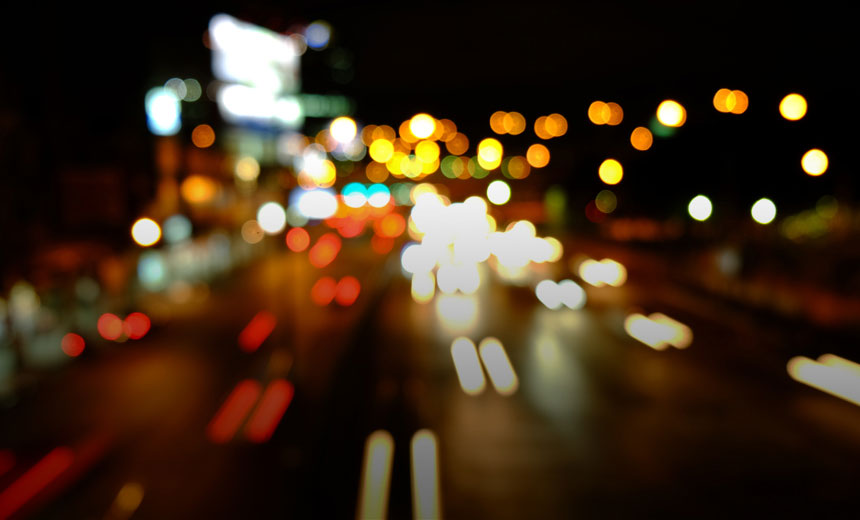Good night vision is essential for activities like driving after sunset, navigating dimly lit spaces, or enjoying outdoor adventures under the stars. While it’s natural for our eyes to struggle in low light compared to bright conditions, there are ways to enhance your night vision and adapt to the dark more effectively.
In this blog post, we’ll explore why night vision varies, factors that can impact it, and practical tips to help you see better when the lights are low.
What Affects Night Vision?
Our eyes rely on rod cells in the retina for low-light vision. Unlike cone cells that detect color and function in bright light, rod cells are highly sensitive to dim lighting but are less adept at perceiving detail or color.
Several factors can affect night vision:
- Aging: As we age, our pupils shrink and allow less light into the eye, making it harder to see in the dark.
- Health Conditions: Conditions like cataracts, glaucoma, or diabetes can impair night vision.
- Vitamin Deficiencies: A lack of vitamin A, which supports healthy rod cell function, can worsen low-light vision.
- Light Pollution: Exposure to bright lights before entering a dark environment can disrupt the eye’s ability to adjust.
How to Improve Your Night Vision
While you may never see like a cat in the dark, these tips can help optimize your eyes for low-light conditions:
1. Give Your Eyes Time to Adjust
It takes about 20-30 minutes for your eyes to fully adapt to darkness. When entering a dim environment, avoid looking at bright lights like your phone or flashlights, as these reset your adjustment period.
2. Wear the Right Glasses
- Anti-Reflective Coatings: Glasses with anti-glare coatings can reduce light scatter and glare from headlights or streetlights.
- Amber or Yellow Lenses: Some people find these lenses helpful for improving contrast in low-light situations, though results vary.
3. Use Red or Dim Lighting
Red light has a minimal impact on night vision. If you need light in the dark, choose a red flashlight or dim lighting to preserve your eye’s adjustment to darkness.
4. Eat a Vision-Healthy Diet
Certain nutrients can support overall eye health and night vision:
- Vitamin A: Found in carrots, sweet potatoes, and spinach, vitamin A is vital for the production of rhodopsin, a pigment that helps rod cells detect light.
- Lutein and Zeaxanthin: Found in leafy greens and egg yolks, these antioxidants help maintain retinal health.
- Omega-3 Fatty Acids: Found in fish like salmon, omega-3s support retinal function.
5. Protect Your Eyes from Bright Light
Overexposure to bright light during the day can cause temporary difficulty seeing in low light later. Wear sunglasses with UV protection during the day to reduce eye strain and preserve retinal health.
6. Practice Night Vision Techniques
- Scan the Area: Instead of staring directly at what you’re trying to see, look slightly to the side. Rod cells are more concentrated around the periphery of the retina, so this technique can help detect movement or faint light.
- Use Peripheral Vision: In low light, your peripheral vision often picks up more detail than central vision.
7. Stay Hydrated and Rested
Dehydration and fatigue can impair your vision. Drink plenty of water and ensure you’re getting enough sleep to keep your eyes functioning at their best.
8. Avoid Smoking
Smoking restricts blood flow to the eyes and reduces the levels of oxygen and nutrients they receive, negatively affecting vision, especially in low light.
When to See a Optician
If you notice a sudden decline in your night vision, difficulty adjusting to dark environments, or other symptoms like glare or halos around lights, consult an eye care professional. These could be signs of an underlying condition like cataracts, glaucoma, or retinitis pigmentosa.
Final Thoughts
While our eyes aren’t designed to see perfectly in the dark, small changes to your habits and environment can make a big difference. By protecting your eyes, maintaining a healthy diet, and practicing night vision techniques, you can improve how well you see in low-light conditions.
Book a home test today
Fill in the form to request a home eye test, and one of our team will be in touch
If you have any questions, please call us on
Our other blogs
